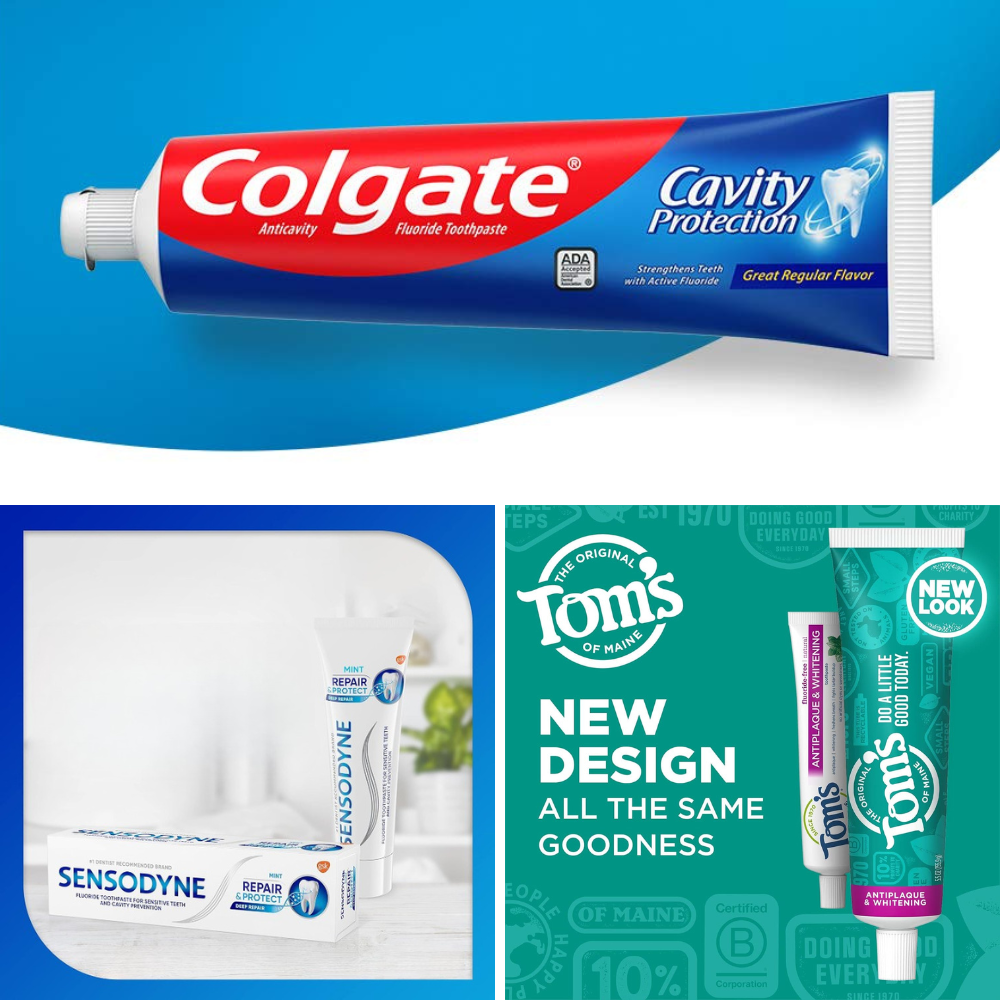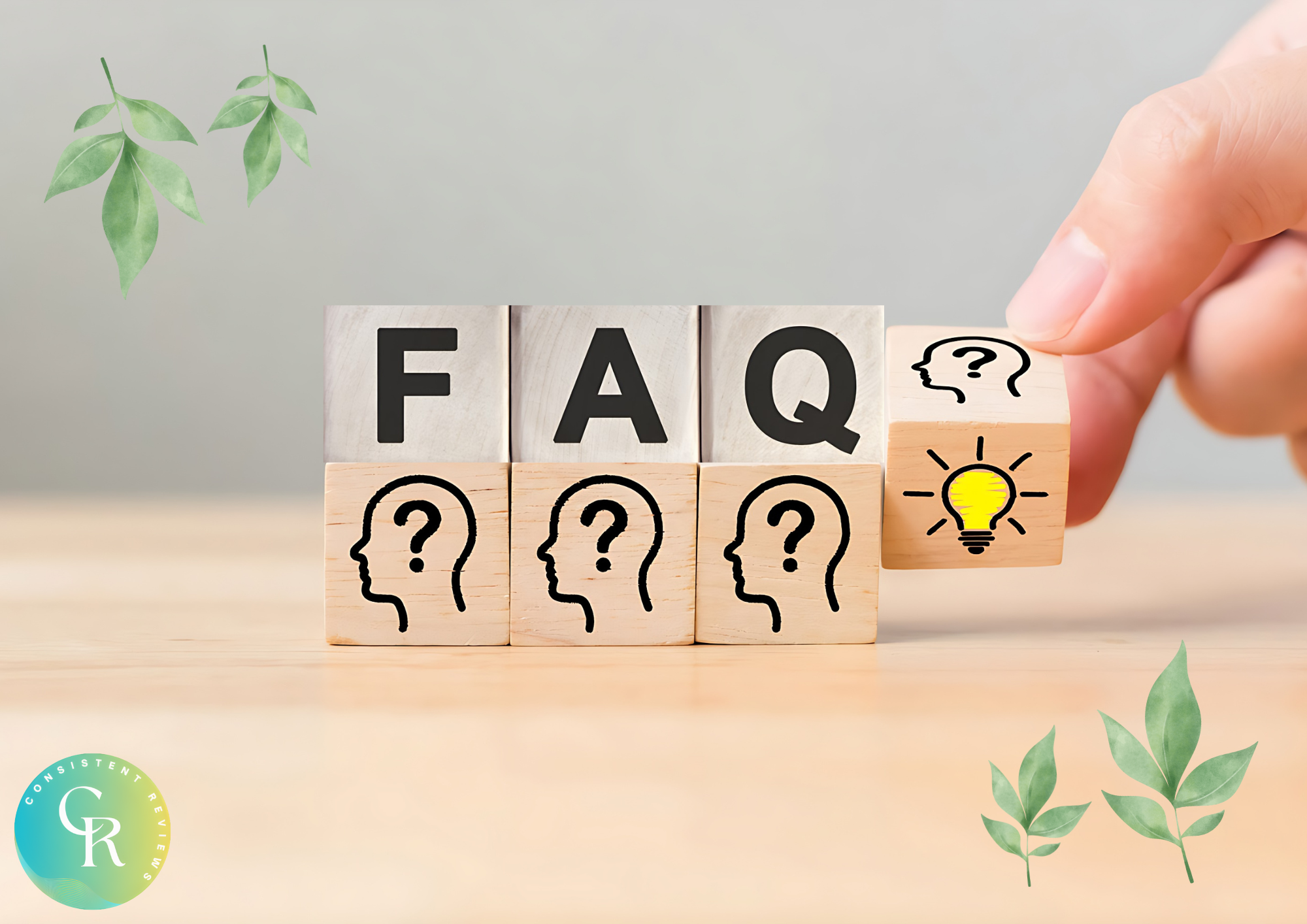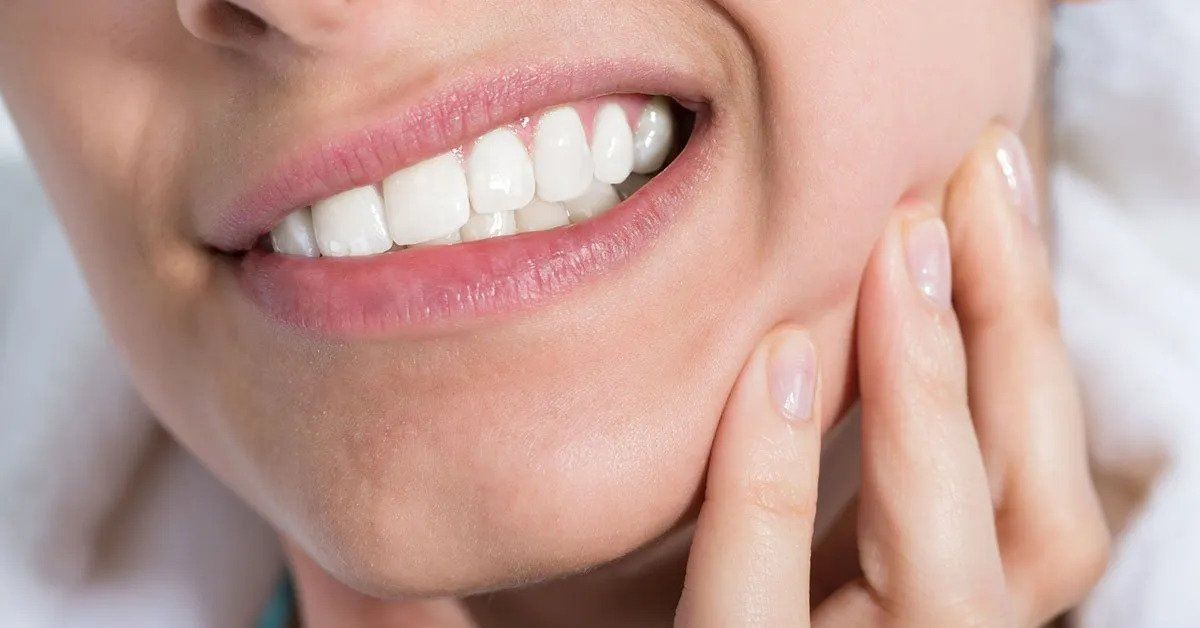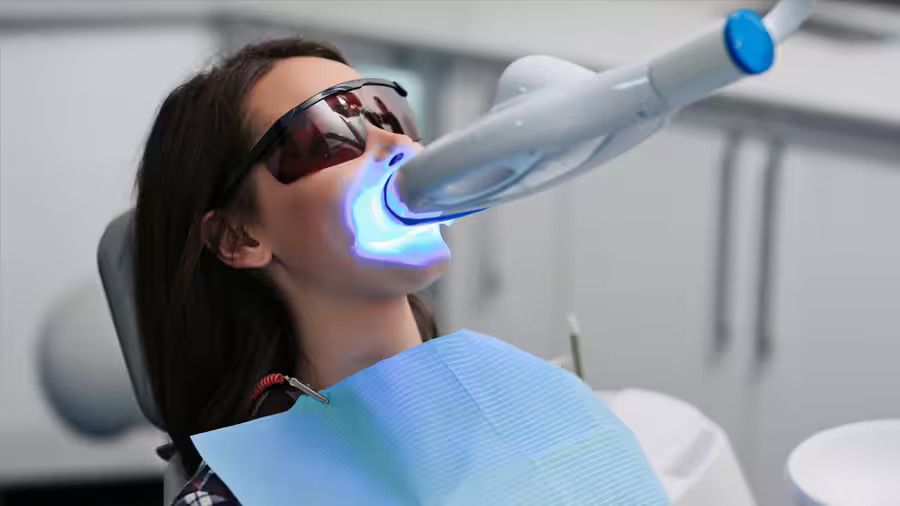Are you dreaming of a brighter, whiter smile? You're not alone! Many people desire whiter teeth for a boost in confidence and overall oral health. Fortunately, there are several methods you can try to whiten your teeth at home, from natural remedies to DIY techniques. In this blog, we'll explore how to whiten teeth at home effectively, addressing common concerns like tooth sensitivity and enamel erosion. Let's get started on your journey to pearly whites!
Understanding Tooth Discoloration
Before diving into the various home teeth whitening methods, it's essential to understand why teeth become discolored in the first place. Tooth discoloration can result from a variety of factors:
Surface Stains: Surface stains on teeth are often caused by the consumption of staining foods and beverages, such as coffee, tea, red wine, and berries.
Tooth Enamel: Tooth enamel naturally wears down over time, revealing the yellowish dentin beneath, which can make teeth appear yellow or discolored.
Tooth Decay and Stains: Poor oral hygiene can lead to tooth decay and staining, making your teeth look less white.
Genetics: Some people naturally have slightly yellowish teeth due to their genetic makeup.
Home Remedies for Teeth Whitening
Now, let's explore some popular home remedies for whitening teeth naturally:
Baking Soda and Hydrogen Peroxide:
- Combine baking soda and hydrogen peroxide to create a paste.
- Brush your teeth gently with the paste.
- Rinse thoroughly.
Baking soda acts as a mild abrasive, while hydrogen peroxide has natural whitening properties. Together, they can help remove surface stains.
Oil Pulling with Coconut Oil:
- Swish a tablespoon of coconut oil in your mouth for 15-20 minutes.
- Spit out the oil and rinse your mouth with water.
Coconut oil pulling is an ancient practice that can help improve oral hygiene and whiten teeth naturally by removing bacteria and plaque buildup.
Apple Cider Vinegar:
- Dilute apple cider vinegar with water.
- Use it as a mouthwash, swishing it in your mouth for a few seconds.
- Rinse your mouth with water afterward.
Apple cider vinegar contains acetic acid, which may help remove stains, but use it sparingly to prevent enamel erosion.
Activated Charcoal:
- Dip a wet toothbrush in activated charcoal powder.
- Brush your teeth gently.
- Rinse thoroughly.
Recognized for its stain and toxin absorption capabilities, activated charcoal has gained popularity as a natural option for teeth whitening.
Preventing Future Tooth Stains
In addition to these natural remedies, consider these tips to prevent future tooth stains:
Ensure optimal dental health by cleaning your teeth a minimum of two times daily and making flossing a routine.
Opt for toothpaste that contains fluoride and is endorsed by the American Dental Association, as it aids in fortifying enamel and warding off cavities.
Limit consumption of staining foods and acidic beverages, such as citrus fruits and soda.
Visit your dentist's office regularly for professional teeth cleaning and advice on whitening methods.
If you smoke, quitting can significantly improve the whiteness of your teeth and your overall oral health.
Dealing with Tooth Sensitivity
Some people experience tooth sensitivity when using home teeth whitening methods. To minimize sensitivity, try these strategies:
- Use a toothpaste designed for sensitive teeth.
- Reduce the frequency of teeth-whitening treatments.
- Avoid very hot or cold foods and beverages immediately after whitening.


How can I whiten my yellow teeth naturally?
There are several natural methods you can use to whiten your teeth. One of the most effective is to brush your teeth with baking soda and hydrogen peroxide. This combination helps to remove surface stains and whiten teeth. Another method you could consider is oil pulling, a practice that entails swirling oil in your mouth for a few minutes to assist in eliminating plaque and bacteria.
Additionally, you can use some natural teeth-whitening agents such as strawberries, apples, and lemons to help whiten your teeth. Finally, you can try using activated charcoal, which is known to help absorb plaque and other impurities that can cause teeth to become yellow.
What whitens teeth fast?
The fastest way to whiten teeth is to use a professional teeth whitening treatment. Professional teeth whitening treatments use a stronger concentration of whitening agents than over-the-counter products and can whiten teeth up to 8 shades in just one session.
Professional teeth whitening treatments are also safer and more effective than over-the-counter products, as they are supervised by a dental professional.
What is the most successful way to whiten teeth?
The most successful way to whiten teeth is to use a professional teeth whitening treatment. Professional teeth whitening treatments use a stronger concentration of whitening agents than over-the-counter products, and they are supervised by a dental professional to ensure that the whitening process is safe and effective.
Professional teeth whitening treatments can provide dramatic results in a short amount of time, and they are the most reliable way to achieve a brighter, whiter smile.
What do I need to whiten my teeth at home?
To whiten your teeth at home, you will need a whitening toothpaste, a whitening mouthwash, and a whitening strip or tray. Tooth-whitening pastes consist of gentle abrasive components that aid in eradicating discolorations on the tooth's surface.
Whitening mouthwash contains hydrogen peroxide, which helps to break down and remove deeper stains. Whitening strips or trays are designed to fit over your teeth and contain a higher concentration of hydrogen peroxide to help whiten your teeth.
Are teeth whitening safe?
Yes, teeth whitening is generally safe when done correctly. Teeth whitening procedures carried out by a dental professional involve the use of more potent bleaching agents compared to those found in over-the-counter products.
Professional treatments are also monitored to ensure that the whitening agents are not damaging the enamel of the teeth. Over-the-counter products are also generally safe, but it is important to follow the instructions carefully and not use them too often.
How common is teeth whitening?
Teeth whitening is a common cosmetic dental procedure with growing popularity. Many people seek to improve the appearance of their teeth, and the demand for a brighter smile has led to an increase in both professional and at-home teeth whitening treatments.
According to the American Dental Association (ADA), teeth whitening products typically contain bleaches like hydrogen peroxide or carbamide peroxide that break stains into smaller pieces, which makes the color less concentrated and your teeth brighter. There is a wide array of products on the market promising whiter, brighter teeth. These range from at-home teeth whitening kits to treatments suitable even for sensitive teeth, including LED lights and professional treatments.
The type of teeth stains you have will determine the kind of whitening method you'll need. It's worth noting that bleaching will not whiten porcelain crowns or composite tooth-colored bindings. Overall, teeth whitening is a widely accepted practice with a variety of options available to suit different needs and preferences. It is always a good idea to speak to your dentist for advice before undertaking any kind of whitening treatment. They can advise you on the best option for your teeth and determine if there are any potential risks associated with the procedure. Additionally, they may also be able to recommend over-the-counter products that could provide more gentle results than harsher bleaching solutions.
How long does it take to whiten teeth?
The amount of time it takes to whiten teeth depends on the type of whitening treatment you choose. Professional teeth whitening treatments can take anywhere from 30 minutes to an hour, while at-home whitening treatments can take anywhere from a few days to a few weeks. The best way to determine how long it will take to whiten your teeth is to consult with your dentist.
How can I make my teeth whitening work better?
The best way to make your teeth whitening work better is to practice good oral hygiene. Brush your teeth twice a day with whitening toothpaste, floss daily, and use a mouthwash that contains fluoride. Additionally, avoid foods and drinks that can stain your teeth, such as coffee, tea, and red wine. If you are using a whitening product, make sure to follow the instructions carefully and use it as directed.

In your quest for a brighter, more confident smile, these home remedies for teeth whitening offer a promising start. However, remember that individual results may vary, and it's crucial to consult your dentist for personalized advice. By combining natural solutions with good oral hygiene practices, you can embark on a journey to not only whiter teeth but also overall oral health and a boost in self-esteem. Here's to your radiant smile and thriving oral well-being!












